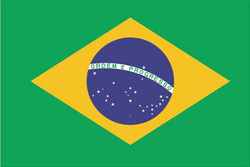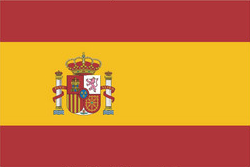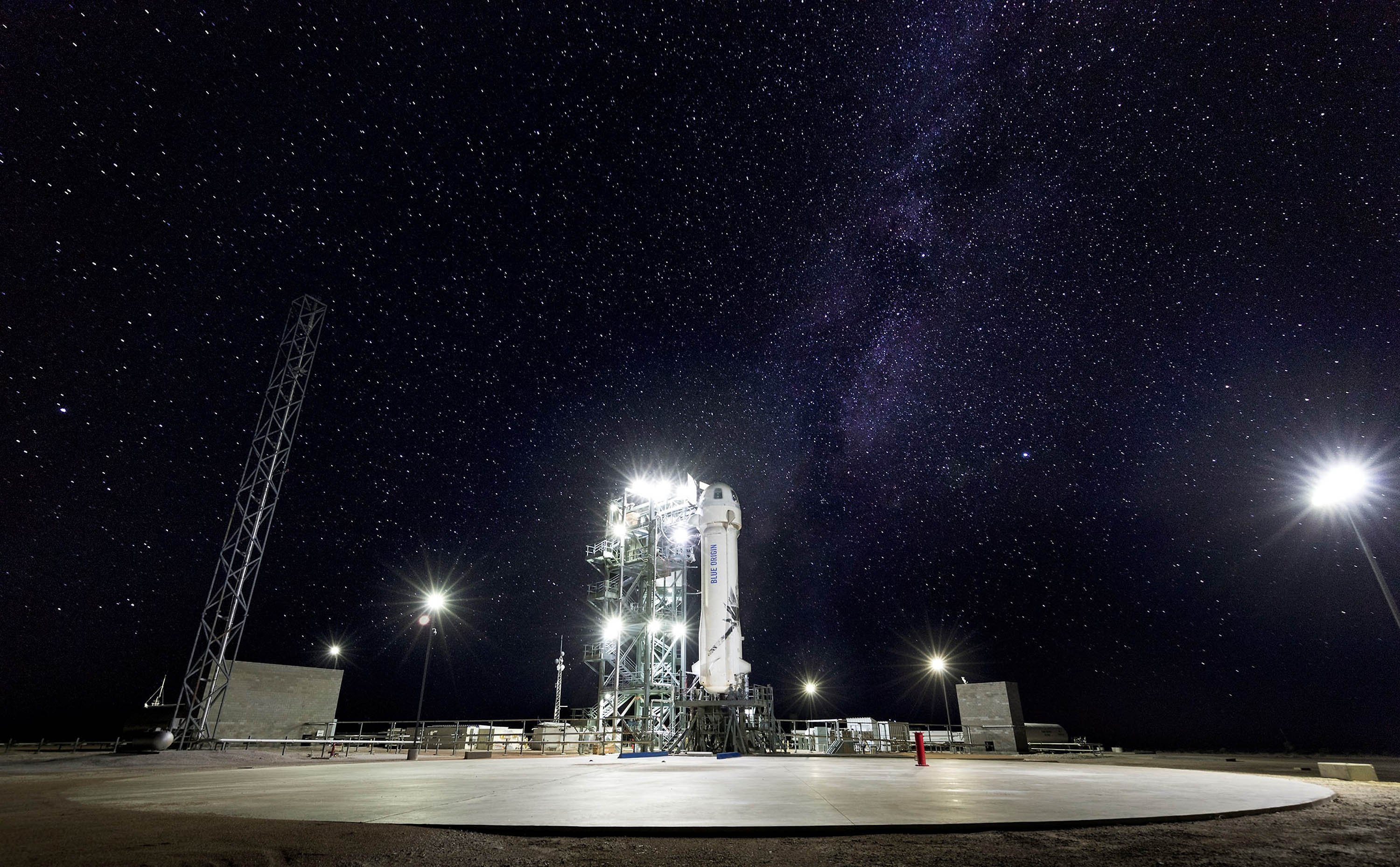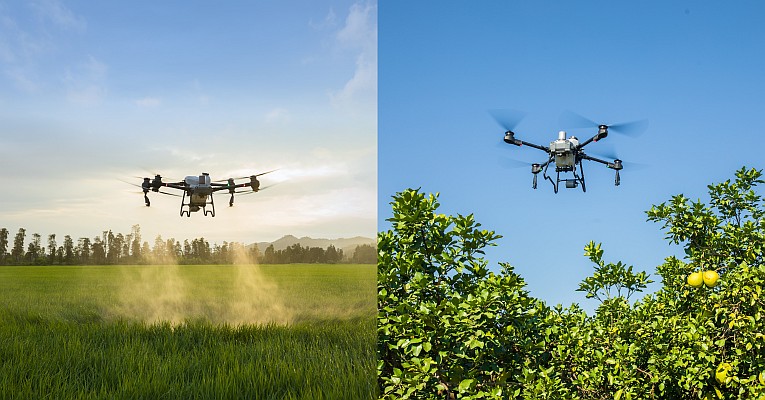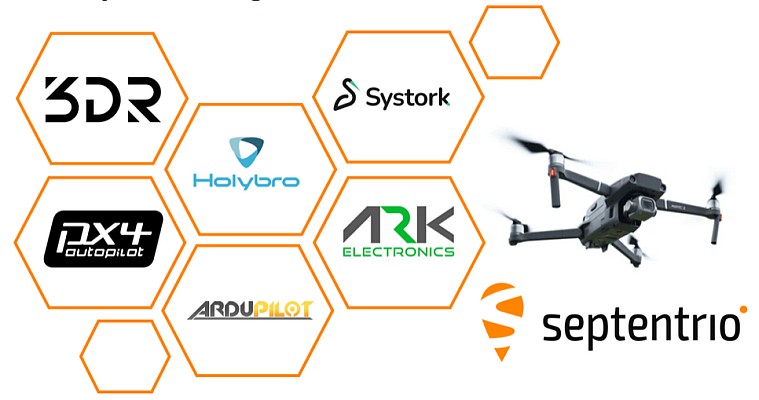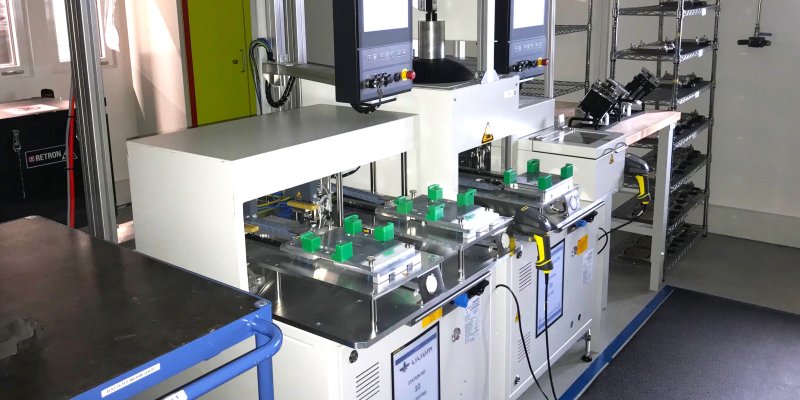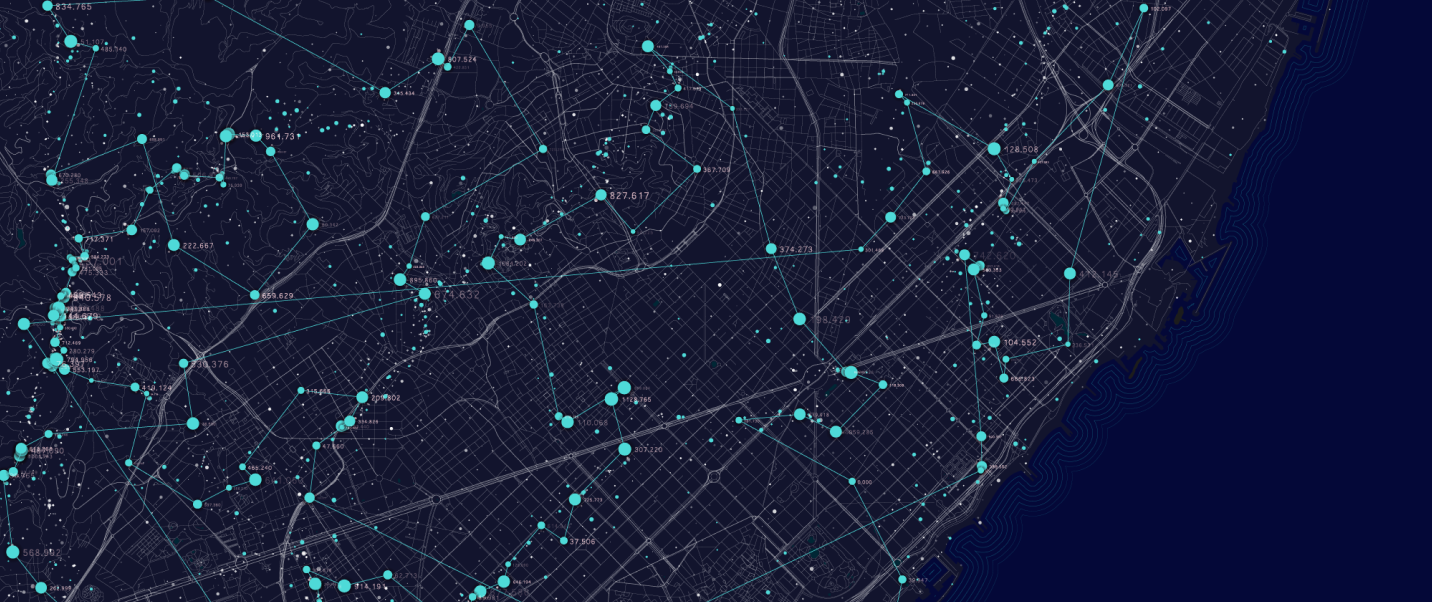Mobile navigation services are already a standard feature of smartphones. Now things are trending toward mobile navigation that is possible even indoors. In a joint project, Fraunhofer Portugal and the University of Porto are attempting to achieve seamless navigation in millions of indoor square metres using ultra-low-frequency magnetic field communication. For their work, an international expert jury named the two research institutes this year’s Galileo Master. Their innovative navigation system for smartphones managed to best over 405 competition entries from 40 countries and take home the EUR 20,000 grand prize in the ninth European Satellite Navigation Competition (ESNC).

With the successful launch of two additional Galileo satellites on 12 October, the next step towards the operative phase of Europe’s navigation system has begun. The applications rewarded at the Munich Residenz this evening will soon be able to build on the first Galileo time signals.
Winners have been selected for 24 regional prizes, five special prizes, and two prototyping prizes. “The strong international response to this year’s ESNC has once more proven its ability to boost innovation on a global scale. In close cooperation with our European and global partners, an excellent network has been established to create added value for satellite navigation technology,” Bavarian State Minister Dr Wolfgang Heubisch stated in his opening speech of the Awards Ceremony.
The prizes were awarded by prominent representatives from the European GNSS Agency (GSA), the German Aerospace Center (DLR), Taiwan’s Industrial Technology Research Institute (ITRI), and this year’s ESNC title sponsor, HPI Fleet & Mobility AG.
The overall winner 2012 is a project that uses ultra-low-frequency magnetic field communication (ULF-MC) to ensure seamless, reliable navigation even indoors. The method earns its “seamless” label by enabling smooth transitions from satellite-based external navigation to ULF-MC-based navigation in indoor areas (such as department stores, underground parking garages, and airport facilities). This year’s Galileo Master award was accepted by Dirk Elias on behalf of Fraunhofer Portugal and the University of Porto’s Faculty of Engineering. The winning navigation solution, which already works on today’s smartphones, is the result of a joint project involving these two research institutions.
Second place in the overall competition went to the winners of Bavaria’s regional prize, Alexander Rügamer and Manuel Stahl from the Fraunhofer Institute for Integrated Circuits (Nuremberg, Germany). Their groundbreaking idea uses the encrypted Galileo Public Regulated Service (PRS) for real-time validation of georeferences and localisation while respecting related privacy concerns. The various applications fields (especially those related to mass markets) could see use, for instance, in implementing tolling systems or securing banking transactions.
Coming in third was Great Britain’s regional winner, iGeolise Ltd., for its currently one-of-a-kind search engine. Following the notion “time is more valuable than distance”, the Travel Time Platform displays search results to users based on travel duration; in other words, it provides the destinations people can reach within a specified timeframe. The application has already gone live commercially across the UK and been successfully tested in most major European countries.
Brazil
The winners of Brazil’s regional prize in 2012 are Arlei Benedito Macedo and his team at the company SIG-Ribeira, who submitted a participative geo-information system designed for use in emergency management on mobile computers. The system combines geo-referenced data from the field with satellite imagery and targets public aid workers, local personnel, and volunteers. Risk-GIS allows civil defense workers to make their own maps, monitor risk areas, and report disasters to central coordinators of mitigation measures. MundoGEO is the regional organizer.
More applications in London
European Space Solutions – a major three-day conference, exhibition, and business support event – will take place from 3 to 5 December 2012 in London. It will bring business and the public sector together with users and developers of space-based solutions to explore how space can make a real difference in the lives, and livelihoods, of people across Europe.

